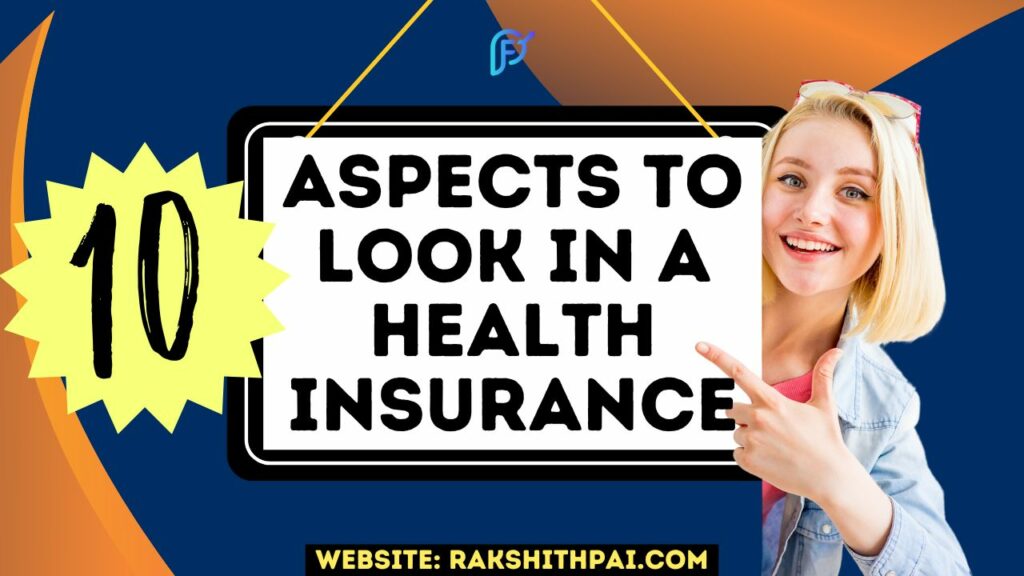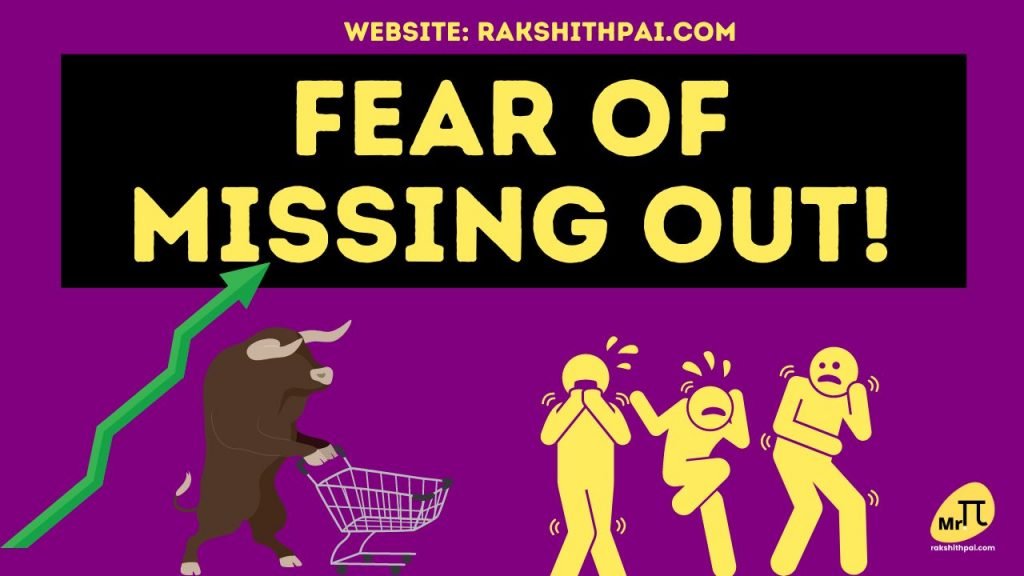Table of Contents
Overview Of Health Insurance:
One report says that medical insurance has the highest inflation, which can be anywhere from 12% to 14%. Healthcare costs have risen by 150% in the last 10 years and are estimated to not slow down anytime soon! Such a double-digit hike in price annually will cost you a lot more in the future.
For example, a minor medical procedure that costs Rs. 5 lakhs today will cost nearly Rs. 12.5 lakhs by 2030, assuming 12% medical inflation.
Now tell me what investment is doubling every 5 to 10 years, while your health and education costs are undoubtedly rising.
When somebody asks, when is the right time to have health insurance? The answer must be… you don’t have one yet? What are you waiting for?
What is Health Insurance?
A health insurance policy is an agreement between an insurance company and a person or family that covers the costs of medical care for the person or family. You can have cashless care at one of the network hospitals if your illness or injury is covered by insurance, or you can get reimbursed for whatever you end up spending.
To protect yourself and your loved ones from financial ruin in the event of unexpected medical expenses, purchase health insurance. It has many benefits, such as covering medical costs (both before and after a hospital stay), keeping an individual insured, and lowering the amount of taxable income.
Why is Health Insurance Important?
Having health insurance can help you and your family pay for any medical costs that come up that you didn’t plan for. The widespread belief that only the elderly or those at high health risk need medical insurance couldn’t be farther from the truth.
Having your medical expenses covered by health insurance is a huge relief if you ever need to spend time in the hospital.
The threat of pandemics like COVID-19 has made the need for medical insurance more apparent. But a health insurance plan could save your life if your medical costs keep going up, either by paying for all of them ahead of time or by giving you money back for what you’ve already spent.
So, health insurance is flexible because you can get it for yourself or for your whole family. This lets you get the most coverage possible.
10 Aspects To Know Before Owing Health Insurance:

Before subscribing to any health insurance, you must ask yourself about your requirements. There are certain policies that are tailor-made specifically for you based on your health conditions. Such insurance will have higher premium charges.
In this article, we’ll attempt to address those aspects that are, in general, a must-have objective in your health insurance policy.
Claim Settlement Ratio
This ratio tells you, out of 100, how many insurance claims are settled. As against the claim repudiation ratio, which tells you what number of claims are rejected.
So, you must own a policy that has a high claim settlement ratio. Anything above 95% is considered good.
Hospitalization Cover
There’s the pre-hospitalization cover, which includes expenses such as medical tests conducted before getting admitted, for example, blood and urine tests, x-rays, etc.
See that the insurance covers at least 30 days of prehospitalization coverage.
And then there is post-hospitalization coverage, which covers the expenses incurred after getting discharged from the hospital. Such expenses are nothing but a follow-up test authorized by your doctor.
See that your insurance provider covers at least 60 days’ worth of post-hospitalization coverage.
Room Rent
When your health insurance has a restriction on the room rent, it is called “room rent capping.” Such limitations will affect your need for proper care.
For example, if a person meets with an unfortunate accident, he is now taken to a hospital nearby, but it is a luxury hospital with a daily room rent of 12000 rupees. If his insurance has a room rent cap of Rs. 5,000, the person must pay the remaining Rs. 7,000 out of pocket.
And, apart from the medicines and doctor’s charges, it’s the room rent that costs you the most.
Obviously, nobody wishes to stay in a hospital for an extended period of time. But if you have room rental caps, then you may be forced to find an alternate.
In most cases, the room rent capping limit is set at 1% to 2% of the sum insured.
So, choose an insurance policy that has no room rent capping or see that the same is set at a higher limit.
Preexisting illness coverage
Unfortunate as it may sound. We all have some or other pre-existing illnesses. especially issues such as diabetes. I mean, 5–6% of the population is diabetic. where the overall health insurance penetration in India is just 0.36%!
And, when it comes to pre-existing illnesses such as asthma, diabetes, or cancer, the insurance policy covers them only after a certain period of taking the policy. Especially if you are a senior citizen, you are supposed to pay 1 to 3 years worth of premiums beforehand to get yourself covered by an insurance policy.
In most cases, the waiting period for preexisting illness coverage ranges from 30 days to more than a year. In some circumstances, you can avoid the waiting period and receive coverage right away by paying additional fees.
If you are someone who has a preexisting illness and is prone to constant medication, it is suggested that you pay the additional amount and get health insurance with immediate effect.
Add-on covers
As said earlier, in today’s time, health insurance has a lot of add-ons, which are nothing but specific details over which your insurance will be different from general health insurance. Now, this difference is because it is catered specifically to you.
So, don’t buy some random health insurance policy just by looking over its price range. Instead, look for the specifications you require in your policy and then choose the best-priced one.
You can choose any suitable add-on to customize your health insurance plan. But remember that such add-ons will cost you more on your premiums.
Sublimit on Various Diseases
The insurer will set a sublimit. Basically, there is a limit on the amount you can claim for any particular ailment or medical procedure. Avoid any insurance that has such sub-limits, especially if such limits are laid out on general medical expenses, treatment of certain diseases, room rent, post-hospitalization charges, etc.
We are buying health insurance just so that it will be useful in times of need. So, your insurance policy must have the least terms and conditions in regard to capping or limits.
No claim bonus
NCB is a reward given to those insurance holders who do not claim health insurance in a policy year. It is a discount given to the insured on the next year’s premium amount. The discount ranges from 20% to as high as 50%.
Basically, as long as you do not claim your insurance, you can expect a certain kind of benefit from the insurer. For example, there are insurance policies where if you don’t claim for a certain period, they’ll bump up your overall insurance claim amount. Suppose you’ve subscribed to an insurance policy worth 5 lakhs; if you keep paying premiums without claiming for years, then the insurer will increase your claim amount to 7.5 lakhs, then to 10 lakh, and so on.
OPD Cover
Not all medical emergencies require you to be hospitalized, right? There are times when a medical examination is required, but you can return home the same day if you recover. Such situations are called outpatient treatment.
When applying for health insurance, ensure that the insurer provides outpatient coverage for services such as dental, ophthalmology, orthopedic (bone fractures), and medical checkups, among others.
Ayush treatment
Ayush stands for Ayurveda, Unani, Siddha, and homeopathic systems of medicine in a government hospital or in any recognized institution. See to it that your insurance provider accepts and covers such treatments.
Pricing
After considering the preceding nine points, we must consider the premium charged. As said earlier, medical bills have an annual inflation rate of around 12 to 14%.
That also means that your health insurance premium will go up, and the amount will depend on things like inflation, your age, the number of claims you’ve made, etc.
So, you should take out insurance as early as possible, at a young age, and see to it that you take cautious measures to not claim your insurance; basically, stay healthy and safe. So, that way, your premium stays low for years to come.
Conclusion:
When an individual purchases health insurance, the insurer agrees to pay for any medical care the policyholder requires as a result of an accident or sickness in exchange for a premium.
Insurance companies can use this to pay for things like hospital stays, doctor visits, expensive treatments, and more. Having a health insurance plan also provides many other advantages, such as no out-of-pocket costs for hospitalization and free preventative care visits.
Investing in your well-being is never a waste of money. Due to the rising prevalence of serious health problems, medical insurance is becoming a necessity for people of all ages.
And, it is crucial that we subscribe to the most comprehensive medical insurance policies available so that you and your loved ones never have to choose between paying the bills and taking care of your health.
FAQ’s:
For More Information, Check this Video:
Disclaimer: All the information on this website is published in good faith and for general information purposes only.









